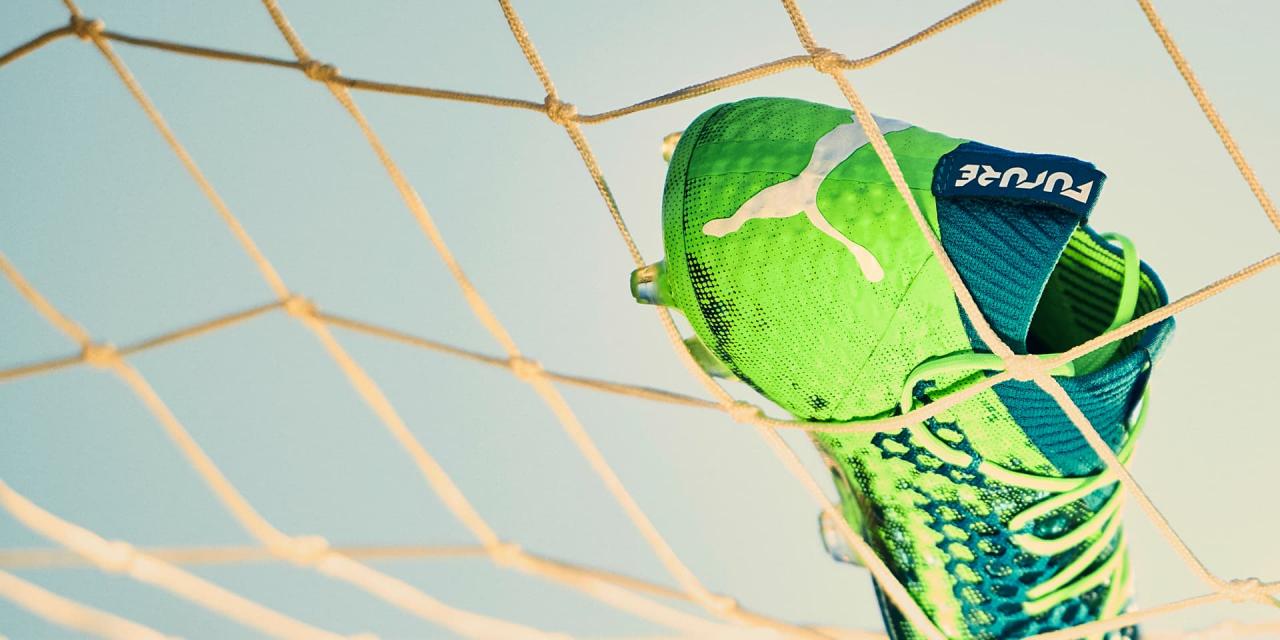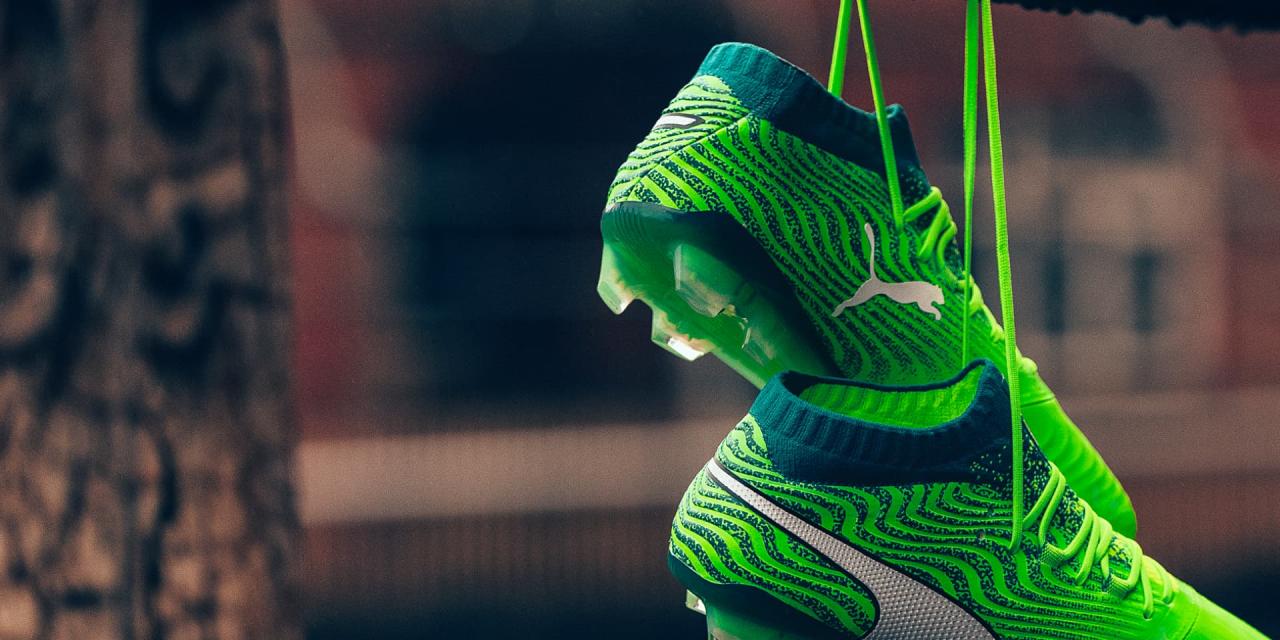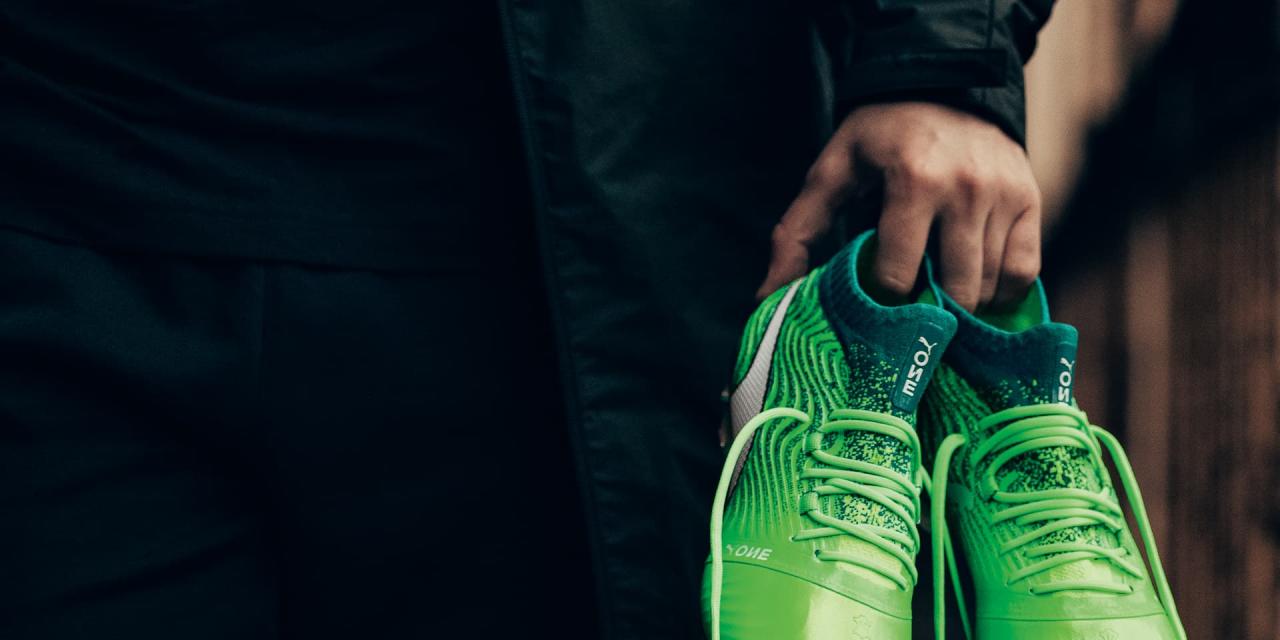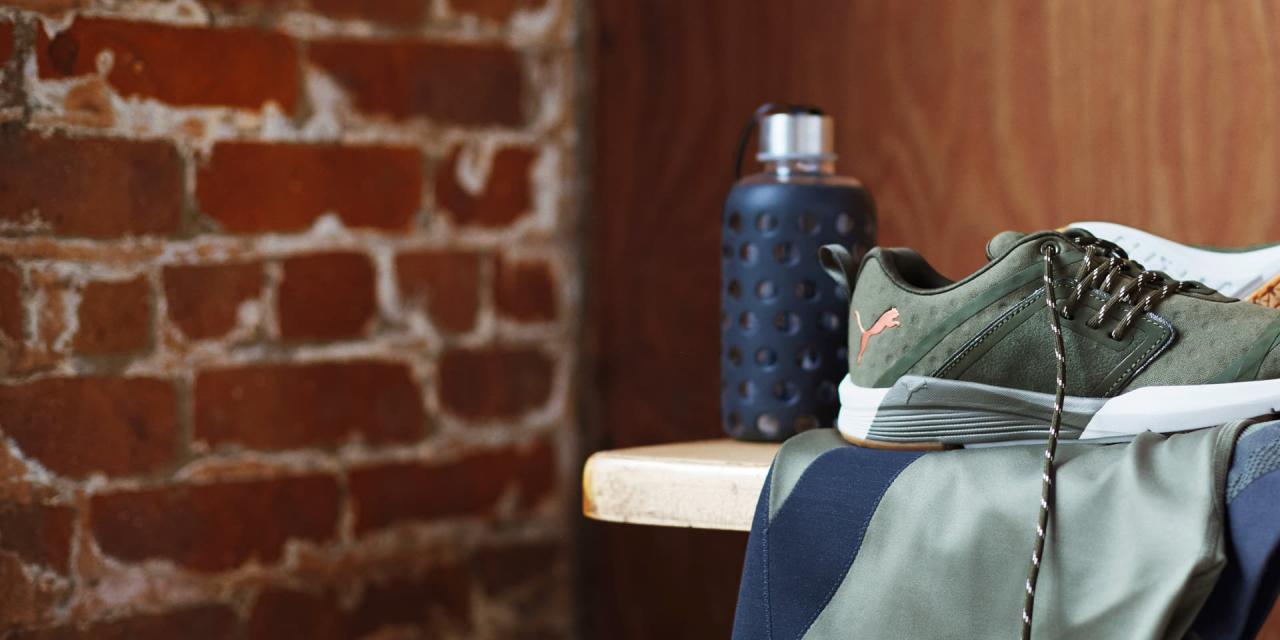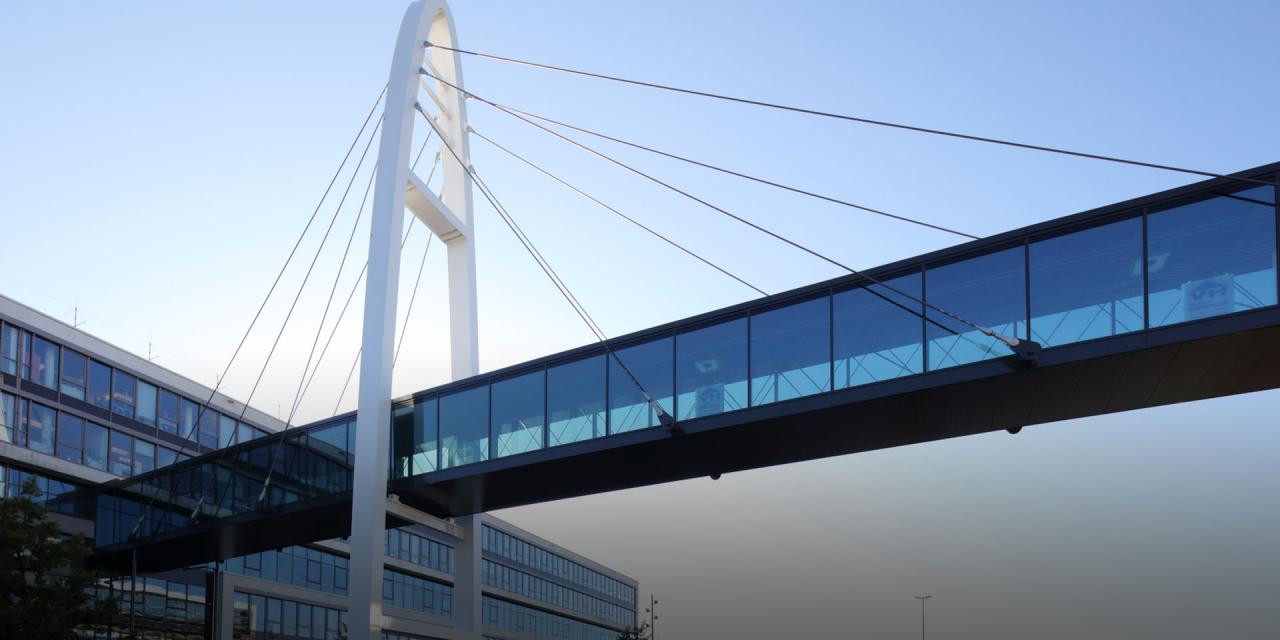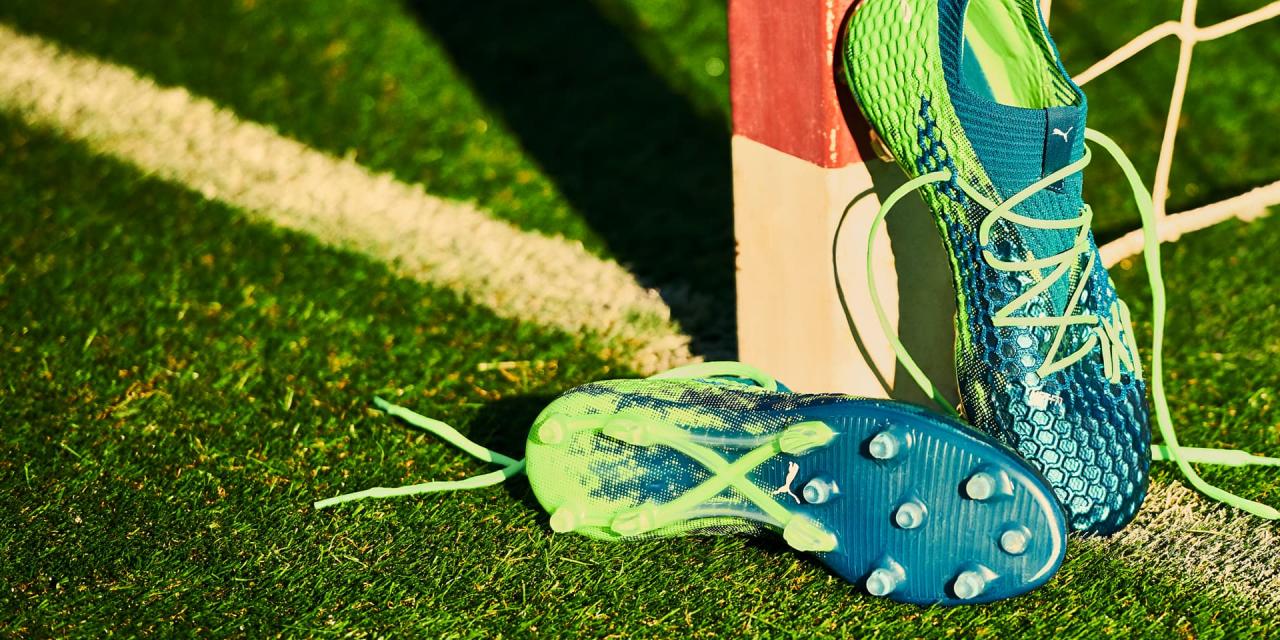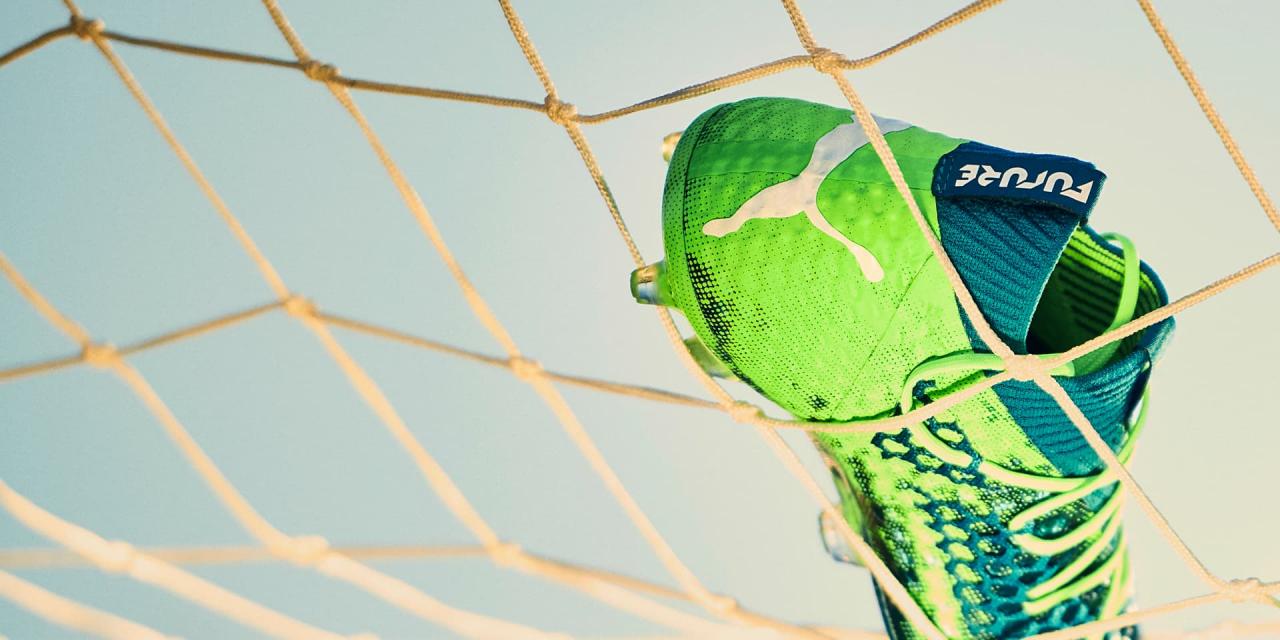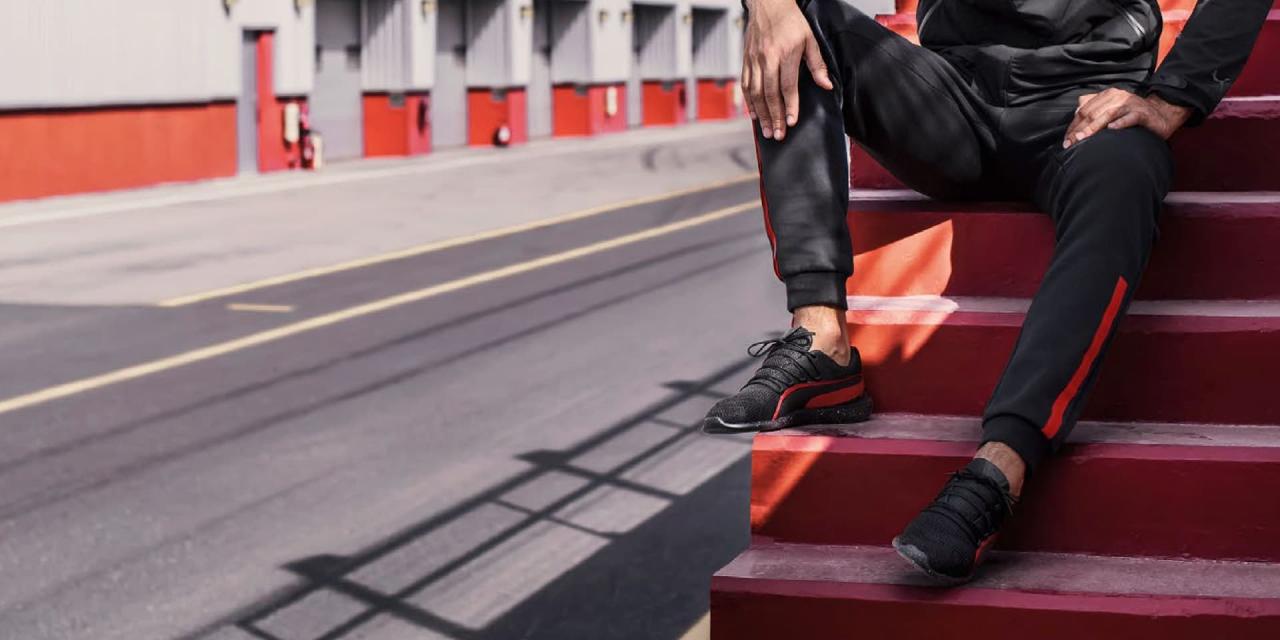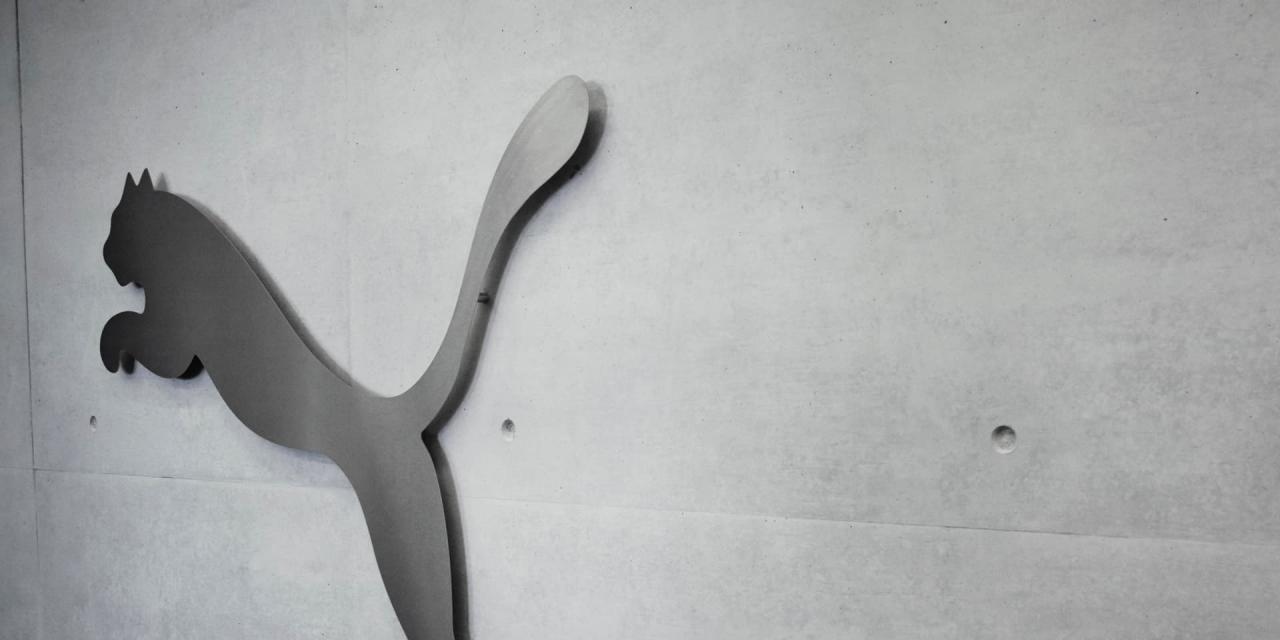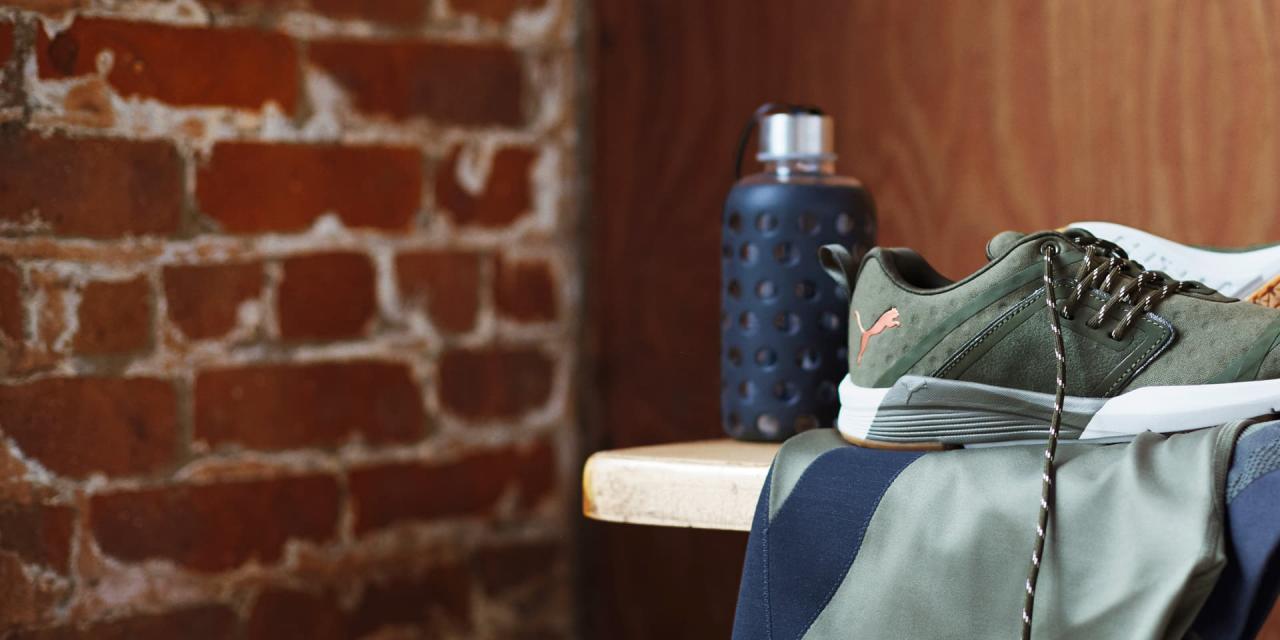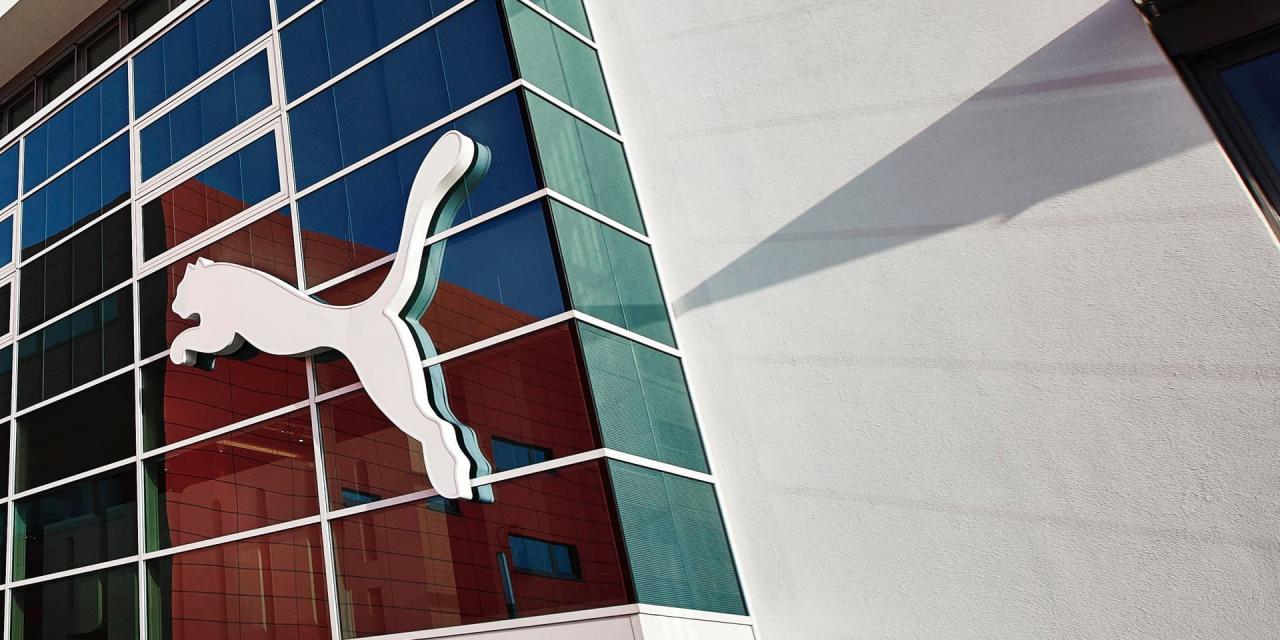PUMA AG announces its consolidated financial results for the 2nd Quarter and First Half-Year of 2006PUMA AG announces its consolidated financial results for the 2nd Quarter and First Half-Year of 2006
Highlights Q2:
- Outstanding success during World Cup: Not only the most teams but also the World Champion wearing PUMA
- Consolidated sales increase more than 38%
- Gross profit margin above 51%
- EBIT margin impacted as expected by strong brand investments
- EPS at €3.12 versus €3.64
Highlights First Half-Year:
- Global brand sales reach almost €1.4 billion, up 16%
- Consolidated sales up more than 33%
- Gross profit margin at 52%
- EBIT margin better than expectations at 17%
- EPS at €8.95 compared to €9.32
Outlook 2006:
- Despite strong sales growth, orders remain on high level, up 35% currency adjusted
- Management confirms full-year guidance with top line growth up to 35% and EBIT level of about €360 million
Outstanding success during World Cup
For the first time in the company history, a PUMA sponsored national team has won the World Cup Final: The Squadra Azzurri from Italy.
PUMA was the dominant kit supplier at the championships, with a strong portfolio of 12 teams and gained brand visibility throughout 56% of all games on the pitch. PUMA was also among the top three brands in terms of player presence on the field, with 18% of all players wearing the innovative v1.06 product line. PUMA now has a great starting position with regards to the Euro 2008 in Switzerland and Austria, where both host federations are sponsored by PUMA. Looking ahead to the World Cup 2010 in South Africa, PUMA will continue as the dominant brand in African Football and will enter the tournament with Italy as the reigning champion and tournament favourite.
Sales and Earnings Development
Global branded sales up 16% reaching almost €1.4 billion in six months PUMA’s branded sales, which include consolidated sales and licensee sales, reached €620 million during Q2, thus marking a 17.1% (currency adjusted 17.2%) increase over last year.
During the first six months, branded sales grew 16.1% (currency adjusted 14.3%) to €1,356 million. Footwear sales increased 13.9% (12.1%) to €770 million, Apparel improved by 19.2% (18.2%) to €469 million and Accessories rose by 18.9% (18.8%) to €118 million.
Consolidated sales rise more than 38% in Q2 and 33% in first six months
In Q2, consolidated sales grew strong 38.2% (currency adjusted 38.7%) to €547 million. First-time consolidations contributed 22% to the growth. In total, Footwear was up 23.7% (24.3%) to €328 million and Apparel improved by a strong 81.2% (81.5%) to €182 million. Accessories realized a growth of 22.8% (25.3%) to €37 million. Team Sport sales contributed the strongest sales growth with over 40%.
Sales in the first six months rose by 33.3% or 31.3% currency adjusted to €1,189 million. Like-for-like, organic growth contributed a strong 12.9% and new consolidations 20.4% to the overall performance. In total, Footwear increased 20.5% (currency adjusted 18.5%) to €727 million, Apparel improved by 71.2% (69.5%) to €383 million and Accessories by 22.2% (22.1%) to €79 million.
Licensed business
The licensed business increased on a like-for-like basis by 30.9% in Q2, and 18.6% after six months. However, due to the take-backs of six license markets as of the beginning of this year, total licensed sales declined by 45.5% to €73 million and by 39.6% to €167 million respectively. Based on the remaining licensed business, royalty and commission income was €7.3 million in Q2 and €15.8 million for the first half.
Gross profit margin remains on a high level
Due to the planned and implemented shift in regional and product mix, the gross profit margin reached 51.4% in Q2 compared to 53.2% last year. First half gross profit margin reached 51.9% versus 53.3% last year. The Footwear margin decreased from 53.6% to 51.8% and Apparel from 53.4% to 51.8% while Accessories increased from 50.3% to 53.5%.
SG&A expenses impacted by strong brand investments
Due to the strong brand investments and the regional expansion total SG&A expenses increased in Q2 by 54.4% to €211 million and by 49,8% to €416 million during the first six months. As a percentage of sales, the cost ratio increased in line with expectations from 34.5% to 38.6% or from 31.1% to 35% respectively.
For the first half, Marketing/Retail expenses increased by 61.7% and accounted for €207 million or 17.4% of sales versus 14.4% last year, in line with expectations. In particular, the marketing campaign for the World Cup and other marketing and retail expenses led to the increase. Product development and design expenses rose by 40.6% to €27 million and, as a percentage of sales, from 2.1% to 2.3%. Other selling, general and administrative expenses were up 39.5% to €182 million, or from 14.6% to 15.3% as a percentage of sales. The increase in other SG&A expenses is related to the extended infrastructure and operations for Phase IV expansion and in line with expectations.
EBIT above expectation
Due to strong brand investments EBIT in Q2 declined by 15.4% to €69 million and by 5.6% to €201 million after six months. This resulted in an EBIT margin of 12.7% and 16.9% respectively. Taking into account the full-year guidance of a high single-digit decline in EBIT, H1 came out better than expected given the high investments.
With an interest result of €2.1 million in Q2 and €4 million for the first half, pre-tax profit decreased by 14.5% to €71 million and by 4.9% to €205 million respectively. During the first six months, tax rate remained at 29% on last years level.
As a result, net earnings were down by 14.9% to €50 million in Q2 and by 4.4% to €143 million in the first half. Net margin was calculated at 9.2% (last year 14.9%) for Q2 and at 12% (16.8%) for the first six months.
Earnings per share
Earnings per share in Q2 reached €3.12, a decrease of 14.3% versus last year. Year-to-date earnings per share were down by only 4% to €8.95, better than expected. Diluted EPS translates to €3.03 and €8.81 respectively.
